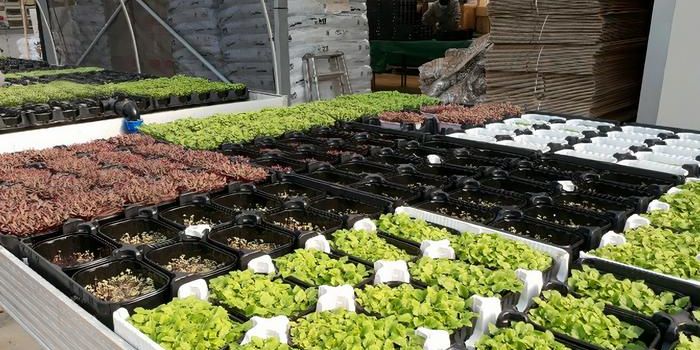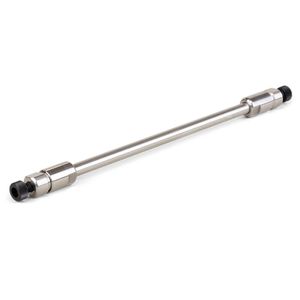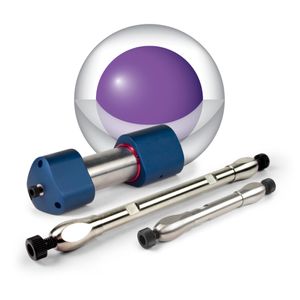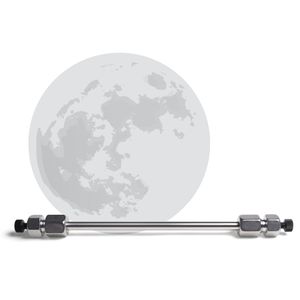Early Summer Fishing Can Affect Evolution & Salmon Growth
When Atlantic salmon are migrating to spawn, fisheries move to catch them. A new study has found that salmon that are caught at different points in their migration are genetically different from each other; wild salmon caught in the northern Baltic Sea during the early part of the season often carry a genetic variant nicknamed 'large salmon.' This large salmon gene variant causes salmon to get bigger and mature when they are older, which is a trait that is important to the viability of salmon stocks. If many of these fish are caught, it could lead to fewer large salmon, and a change in evolutionary selection. The findings have been reported in the journal Evolutionary Applications.
In this study, the researchers analyzed thousands of samples of wild salmon that were gathered from the Baltic Sea region region by fisherman between 1928 and 2020. The analysis showed that regardless of year, salmon with the "large salmon variant" were caught more often by those who fished in the early season compared to the late season.
"This finding suggests that the timing of fishing may cause evolutionary changes in the age and size that Atlantic salmon reach before maturation. Intensive fishing especially in the early fishing season may lead to the large salmon variant becoming rarer and to salmon spawning at a younger age and smaller size," explained lead study author Antti Miettinen, PhD, of the University of Helsinki.
This research has suggested that human actions like fishing may be having a significant but unappreciated impact on wild fish populations.
There is significant value in certain salmon populations, such as those in the Tornio and Kalix Rivers in northern Finland and Sweden. When fishing in the Tornio River occurred in the early season, it tended to catch salmon that came from sites that were upstream in the river system compared to fish caught at later times of the season.
"Fishing in the early part of the fishing season targets salmon that spawn in the headwaters of these rivers, which should be accounted for in fisheries management so that it ensures the viability of these salmon populations," said Miettinen.
The timing of fishing in the Baltic Sea region and its rivers has been a source of major debate and controversy at the national and international levels. This study has indicated that the timing of fishing is actually very important indeed.
"By analyzing the genetics of samples collected across the northern Baltic over many decades, this study shows how human activities could cause evolutionary changes in wild salmon populations," said senior study author Victoria Pritchard, PhD of the University of the Highlands and Islands.
"This study is a fantastic example of using genetic approaches to answer important questions about the conservation and management of biodiversity. The genetic tools designed during this project can be used to monitor the future impacts of fishing regimen changes," added Pritchard.
Sources: University of Helsinki, Evolutionary Applications




















































